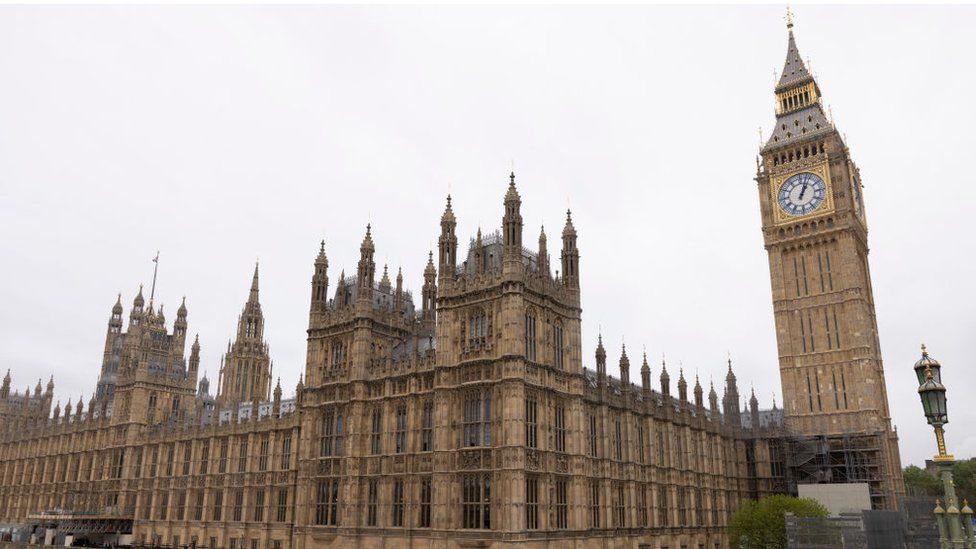
Governments latest plans on monitoring and mandates for EV charging
Recently announced from the Government as part of The Electric Vehicles (Smart Charge Points) Regulations come into fruition. All home installed EV Chargers will be required to be metered separately to send this information to the Smart meter data communications network. This latest move looks to allow for separate charges to be potentially made on Electric Vehicle Charging. Potentially at a higher rate than standard domestic electrical charges per kWh.

The move to monitor and meter excess energy consumption from EV's is said to be the consequence of the lesser need of fuel and demand on the power supply infrastructure nationally. The current incentive is with Smart charging, for example during off-peak periods when electricity demand is low, means consumers can benefit from cheaper electricity and avoids triggering unnecessary network reinforcement.
However this was expected with The Automated and Electric Vehicles (AEV) Act 2018 that gives Government powers through secondary legislation to mandate that all EV chargepoints sold and installed in the UK have smart functionality and meet minimum device-level requirements. Following further consultation in 2021 the Government’s intention is therefore to mandate a further set of requirements in 2021 that supports the early smart charging market and its growth.
The Government will also mandate that, during set-up, chargepoints must require EV drivers to set charging preferences and schedules. In addition, these schedules must be pre-set to not charge at peak times. This will help ensure grid-stability. Further will follow in 2022 on the plans for any more mandates or scheduled changes to the legislation.